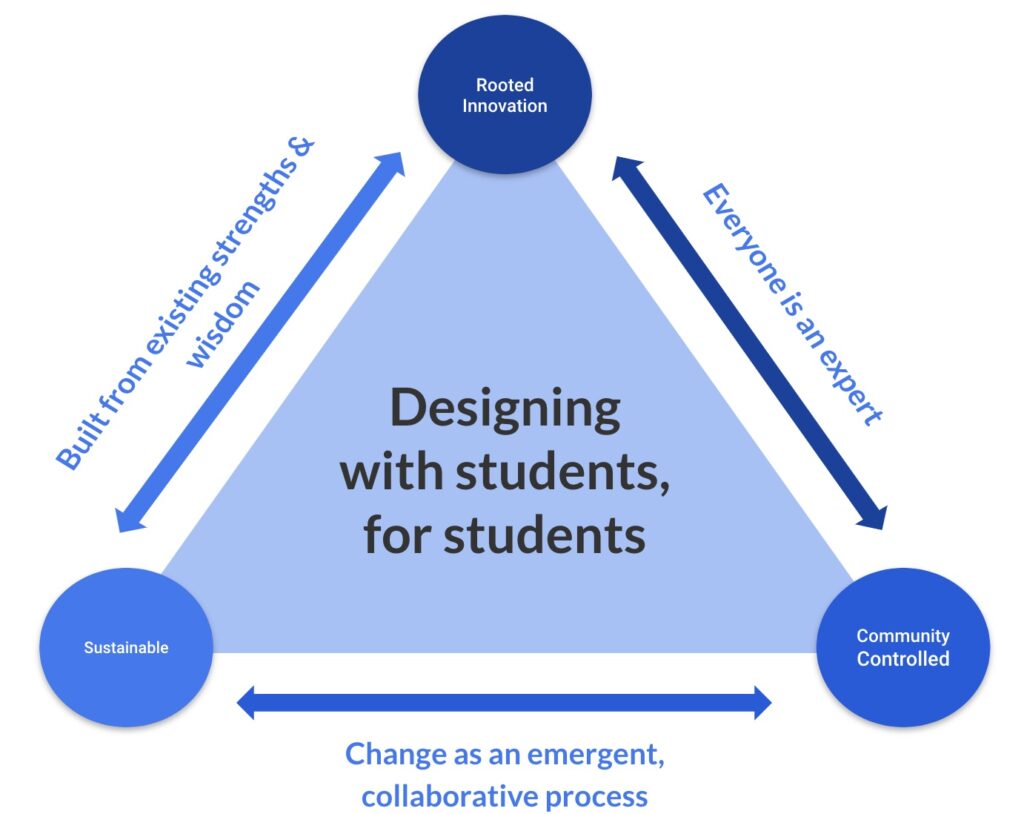Frameworks and Readings

What We Are Reading
Chronaki, A., & Kollosche, D. (2019). Refusing mathematics: A discourse theory approach on the politics of identity work. ZDM, 51(3), 457–468. https://doi.org/10.1007/s11858-019-01028-w
Cohen, S. M., Hazari, Z., Mahadeo, J., Sonnert, G., & Sadler, P. M. (2021). Examining the effect of early stem experiences as a form of stem capital and identity capital on STEM Identity: A gender study. Science Education, 105(6), 1126–1150. https://doi.org/10.1002/sce.21670
Connor, D. J. (2014). Social Justice in education for students with disabilities. The SAGE Handbook of Special Education: Two Volume Set, 111–128. https://doi.org/10.4135/9781446282236.n9
Ibourk, A., Hughes, R., & Mathis, C. (2022). “it is what it is”: Using storied‐identity and intersectionality lenses to understand the trajectory of a young black woman’s science and math identities. Journal of Research in Science Teaching, 59(7), 1099–1133. https://doi.org/10.1002/tea.21753
Marshall, S. (2023). But what does it look like in Maths? International Journal of Multicultural Education, 25(1), 1–29. https://doi.org/10.18251/ijme.v25i1.3251
Sfard, A., & Prusak, A. (2005). Telling identities: In search of an analytic tool for investigating learning as a culturally shaped activity. Educational Researcher, 34(4), 14–22. https://doi.org/10.3102/0013189×034004014